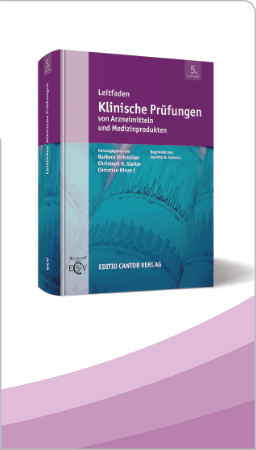Arzneipflanzen
Endophyten
Endophytische Bakterien
Kapuzinerkresse
Mikroflora
Pflanzen sind „Trojanische Pferde“ für Mikroben
Experimentelle Untersuchungen zu endophytischen Bakterien in Kapuzinerkresse aus heimischem Anbau
Originale
Abstract
Plants are “Trojan Horses” for Microbes / Experimental studies on endophytic bacteria in nasturtium grown in Germany
Sixty-six preparations of native plants grown in Germany (nasturtium, Tropaeolum majus) were investigated for endophytic bacteria, e. g. so-called biletolerant, gram-negative bacteria (acc. to the definition of the Ph. Eur.). As a result some enterobacteriaceae (most frequently Pantoea spp. 3) and pseudomonads (most frequently Pseudomonas fluorescens) were cultivated. The endophytic bacteria are similar to the exophytic microorganisms. The technological significance is discussed.
It is evident that certain enterobacteria and gram-negative, oxidase-positive bacteria do not only belong to the autochthonous exophytic bacteria, but also to the endophytic microflora of plants.
Korrespondenz
Dr. Gero Beckmann, Institut Romeis Bad Kissingen GmbH, Schlimpfhofer Str. 21, 97723 Oberthulba, Germany; e-mail: g.beckmann@institut-romeis.de, www.institut-romeis.de
Key words
Zusammenfassung
66 Präparationen von Kapuzinerkresse (Tropaeolum majus) aus hiesigem Anbau wurden auf endophytische Bakterien unter besonderer
Schließen Sie hier ein Abonnement ab und profitieren Sie von den vielseitigen Nutzungsmöglichkeiten.





